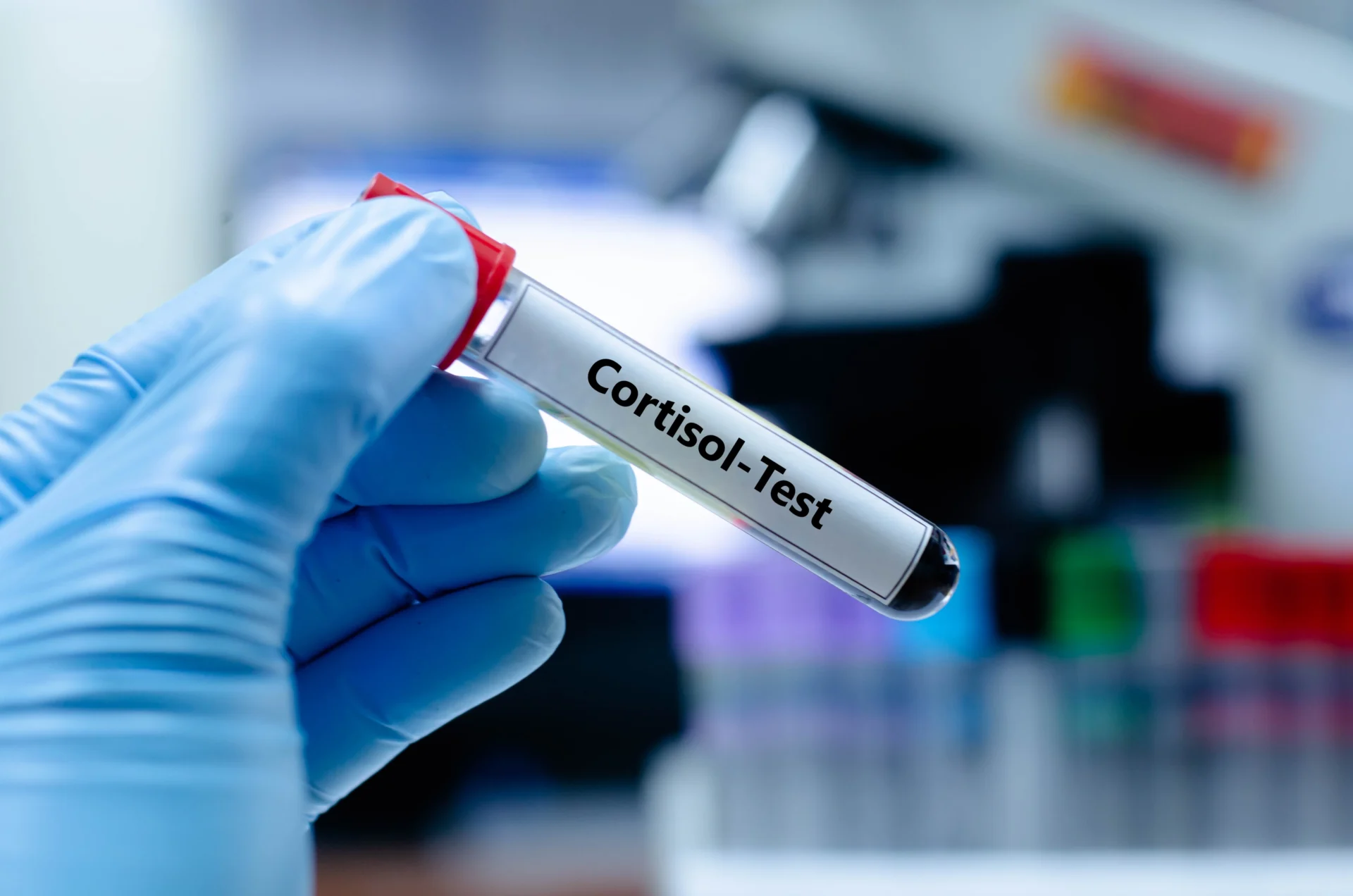Understanding the link between cortisol and fertility is helpful if you want to conceive
From weight gain to insomnia, high cortisol gets blamed for a lot of unpleasant symptoms. As a result, you might not be surprised to learn that there is also a link between high cortisol and fertility issues. Our Las Vegas infertility doctors want to make sure you’re armed with knowledge as you fight against infertility. That’s why we’re here to explain what you need to know about the research on stress and infertility.
What is cortisol?
Before we start talking about the link between high cortisol and fertility issues, it makes sense to answer an important question: What is cortisol? Cortisol is a hormone that your adrenal glands produce to regulate how your body responds to stress. Because of its function in the body, cortisol is often called the “stress hormone.”
Almost every tissue in your body contains receptors that respond to cortisol. For this reason, it can affect nearly every organ system in your body.
If your cortisol is too high due to stress, you can experience different symptoms. Some common examples include weight gain, muscle weakness, high blood sugar, high blood pressure and unwanted hair growth (hirsutism) in women. Our Las Vegas infertility doctors also tell patients that there is a link between the stress hormone and infertility.
High cortisol and fertility issues can go hand in hand
The relationship between stress and infertility is complex, but the link between cortisol and fertility is clear. Several studies have found that biological markers of stress, such as high cortisol levels, are linked to infertility.
- Seven out of 11 studies that compared cortisol levels in fertile and infertile people found significantly higher cortisol levels in those facing infertility.
- Three out of eight studies found significantly higher cortisol levels in infertile people who could not conceive with help from fertility treatments.
More research is still needed to dive deeper into the topic of cortisol and fertility issues. However, our Las Vegas infertility doctors have seen that stress can affect a patient’s fertility. We have also seen that taking steps to reduce stress can help patients achieve better mental, physical and reproductive health.
Reach out for help managing stress and infertility
To help manage stress (and cortisol levels), you should get high-quality sleep, exercise regularly, and practice deep breathing and other stress-reduction techniques. Having supportive people in your life, such as the team at FCLV, can also help with stress management, so contact us to get the help you need and deserve.








